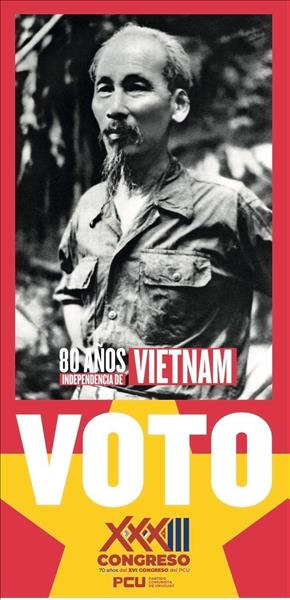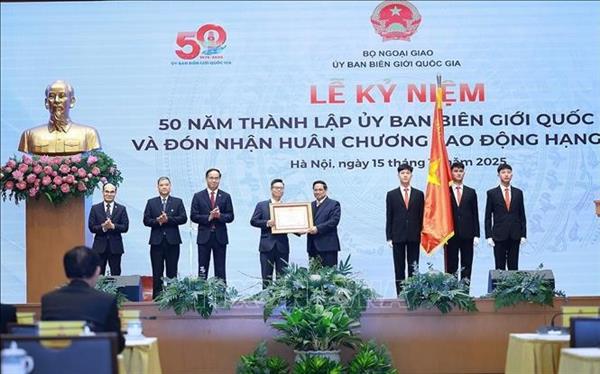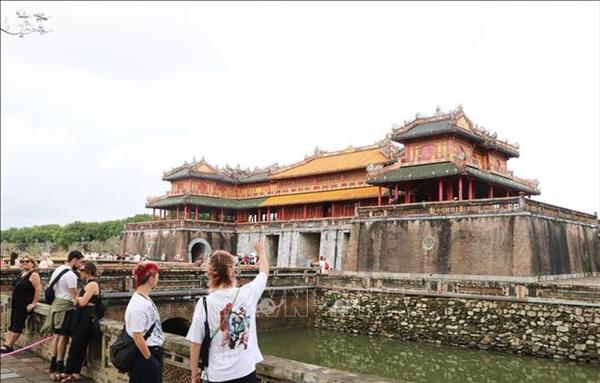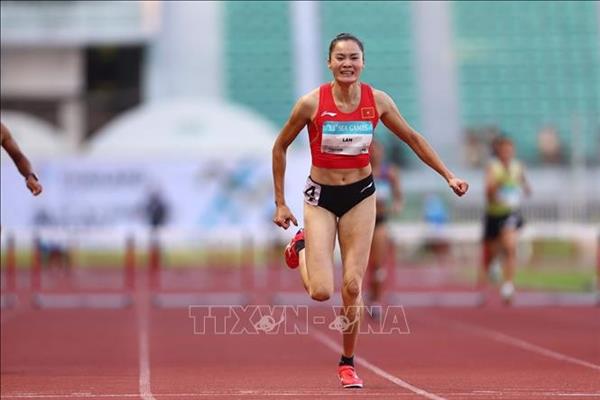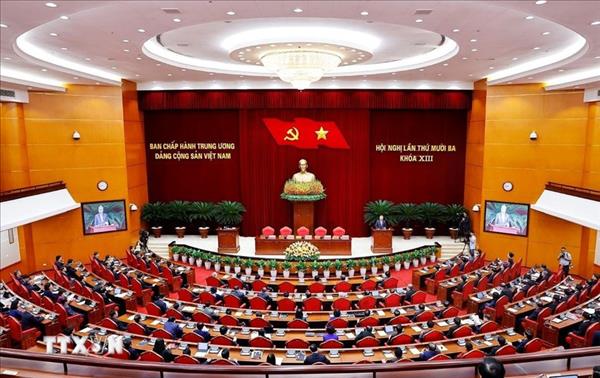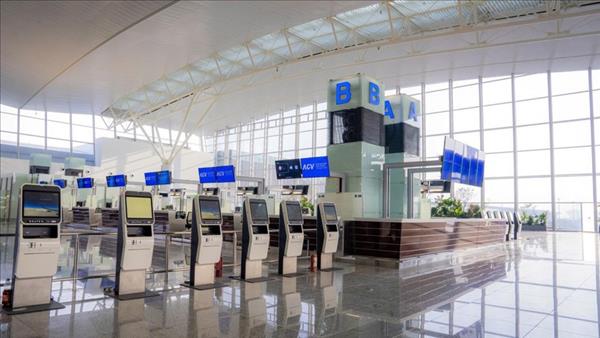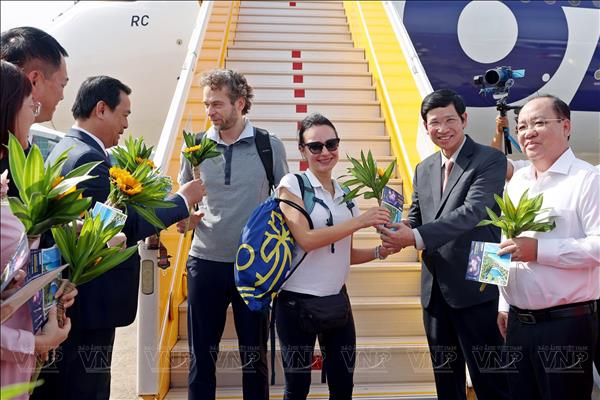Hanoi, September (VNA) – Observing commitments to promoting human rights is an important part of Vietnam’s efforts and also an important achievement of the country in ensuring human rights.
Vietnam is working to implement recommendations of the UN’s second-circle Universal Periodic Review (UPR) on human rights it has accepted.
The Universal Periodic Review (UPR) is a mechanism of the Human Rights Council (HRC) aimed at improving human rights in each United Nations (UN) member state.
Under this mechanism, the human rights situation in all UN member states is reviewed every five years.
The result of each review is reflected in an “outcome report” listing the recommendations on what the state needs to improve before the next review.
Under the second UPR in Geneva on February 5, 2014, 106 countries put forward 227 recommendations to Vietnam, focusing on the reform of the legal system relating to human rights and the enhancement of cooperation with UN human rights mechanisms.
Most countries acknowledged Vietnam’s policies, efforts and achievements in ensuring human rights since the first review in 2009.
At the 26th session of the Human Rights Council in June 2014, Vietnam announced that the country accepted 182 out of 227 recommendations.
At the same time, it clearly stated that the 45 other recommendations are not accepted as they are not suitable with Vietnam’s reality or international consensus. However, Vietnam will put them into consideration.
Vietnam has assigned ministries and agencies to implement the accepted recommendations.
In November 2015, Prime Minister Nguyen Xuan Phuc approved a master plan on implementing the second-circle UPR recommendations.
The Ministry of Foreign Affairs (MoFA) was tasked with supervising the work and reporting the results to the Prime Minister.
Hoang Thanh Nga, deputy head of the MoFA’s Department for International Organisations, said between June 2014 and December 31, 2016, 147 out of the 182 accepted recommendations were realised and four others were partly implemented.
During 2014-2016, dozens of legal documents relating to human rights and citizens’ rights were adopted to concretise regulations of the 2013 Constitution, in line with international conventions to which Vietnam is a member.
Apart from amending the Investment Law, the Enterprise Law and legal regulations on exit, nationality and adoption, Vietnam issued the Ordinance on Belief and Religion, the Law on Press and the Law on Publication.
Thanks to such efforts, people’s civil and political rights, including the rights to religious freedom, movement freedom, participation in politics and the rights of ethnic minorities and the disadvantaged groups, have been respected and ensured. Per capita income increased from 1,900 USD in 2013 to 2,215 USD in 2016. The number of people covered by social allowances and health insurance also rose by 25.05 percent in new-style rural communes.
Residents in areas prone to natural disasters, drought and saltwater intrusion have received support, while attention has been paid to implementing the national strategy on natural disaster prevention and mitigation.
Notably, social organisations and citizens have participated more deeply in supervising the effectuation of the State’s laws and policies. Around 50 million people, or 52 percent of the population, are using the internet in Vietnam.
Up to 34 out of 35 recommendations relating to rights of vulnerable groups have been implemented through national action programmes. Additionally, nine out of 12 recommendations on education about human rights, and ten out of 19 recommendations on Vietnam’s engagement in international conventions on human rights have been materialised.
Through the implementation of the second-circle UPR recommendations, Vietnam has shown goodwill to contribute to human rights-related issues of international concern, helping raise the country’s position in the global arena.
Vietnam is working to implement recommendations of the UN’s second-circle Universal Periodic Review (UPR) on human rights it has accepted.
The Universal Periodic Review (UPR) is a mechanism of the Human Rights Council (HRC) aimed at improving human rights in each United Nations (UN) member state.
Under this mechanism, the human rights situation in all UN member states is reviewed every five years.
The result of each review is reflected in an “outcome report” listing the recommendations on what the state needs to improve before the next review.
Under the second UPR in Geneva on February 5, 2014, 106 countries put forward 227 recommendations to Vietnam, focusing on the reform of the legal system relating to human rights and the enhancement of cooperation with UN human rights mechanisms.
Most countries acknowledged Vietnam’s policies, efforts and achievements in ensuring human rights since the first review in 2009.
At the 26th session of the Human Rights Council in June 2014, Vietnam announced that the country accepted 182 out of 227 recommendations.
At the same time, it clearly stated that the 45 other recommendations are not accepted as they are not suitable with Vietnam’s reality or international consensus. However, Vietnam will put them into consideration.
Vietnam has assigned ministries and agencies to implement the accepted recommendations.
In November 2015, Prime Minister Nguyen Xuan Phuc approved a master plan on implementing the second-circle UPR recommendations.
The Ministry of Foreign Affairs (MoFA) was tasked with supervising the work and reporting the results to the Prime Minister.
Hoang Thanh Nga, deputy head of the MoFA’s Department for International Organisations, said between June 2014 and December 31, 2016, 147 out of the 182 accepted recommendations were realised and four others were partly implemented.
During 2014-2016, dozens of legal documents relating to human rights and citizens’ rights were adopted to concretise regulations of the 2013 Constitution, in line with international conventions to which Vietnam is a member.
Apart from amending the Investment Law, the Enterprise Law and legal regulations on exit, nationality and adoption, Vietnam issued the Ordinance on Belief and Religion, the Law on Press and the Law on Publication.
Thanks to such efforts, people’s civil and political rights, including the rights to religious freedom, movement freedom, participation in politics and the rights of ethnic minorities and the disadvantaged groups, have been respected and ensured. Per capita income increased from 1,900 USD in 2013 to 2,215 USD in 2016. The number of people covered by social allowances and health insurance also rose by 25.05 percent in new-style rural communes.
Residents in areas prone to natural disasters, drought and saltwater intrusion have received support, while attention has been paid to implementing the national strategy on natural disaster prevention and mitigation.
Notably, social organisations and citizens have participated more deeply in supervising the effectuation of the State’s laws and policies. Around 50 million people, or 52 percent of the population, are using the internet in Vietnam.
Up to 34 out of 35 recommendations relating to rights of vulnerable groups have been implemented through national action programmes. Additionally, nine out of 12 recommendations on education about human rights, and ten out of 19 recommendations on Vietnam’s engagement in international conventions on human rights have been materialised.
Through the implementation of the second-circle UPR recommendations, Vietnam has shown goodwill to contribute to human rights-related issues of international concern, helping raise the country’s position in the global arena.
VNA/VNP

